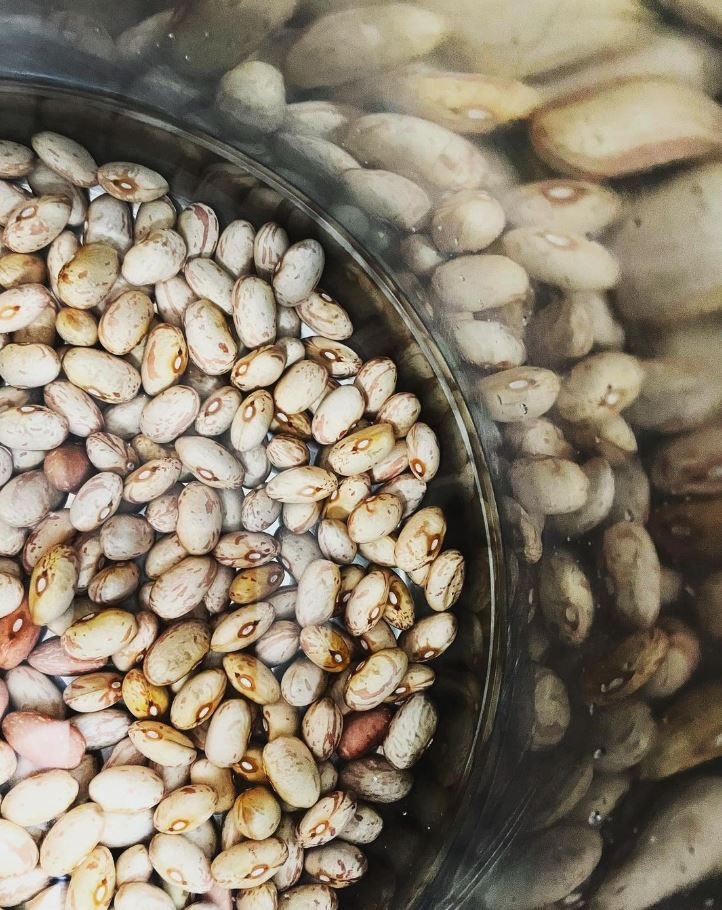Phytic Acid
You know how some folks say we shouldn't eat plants because they've got these "defense chemicals"? Well, that's a bit like quitting your gym membership just because lifting heavy weights temporarily ramps up your body's stress levels. See, here's the deal: a little stress can be a good thing. It's like the gym for your gut, making it tougher and more resistant to diseases. A little “micro-stress” can provoke a positive adaptation, without it causing a “toxic” effect.
There has been much talk of the idea that lectins are a threat to gut health, but the only evidence to support such a claim comes from studies that fed either isolated lectins or raw beans to animals. And nobody is suggesting that’s a good idea. In other words, lectins are found in foods we typically don’t eat raw and are largely rendered inactive by soaking, sprouting, fermenting or otherwise processing the food.
Also consider that lectins can provide just enough stress to cause the body to increase antioxidant production from within. So next time someone tells you to avoid plants for that reason, keep this idea in your back pocket.
SOAK YOUR NUTS & BEANS
Now, about soaking beans – it's not just a kitchen quirk. It's all about breaking down phytic acid, oxalates and lectins (none of which, though, should be “feared”). Phytic acid is a natural defense mechanism found in beans and other plant foods. It's like armor for the seeds, protecting them from beginning the growing process before it’s safe. But it can mess with how your body absorbs important minerals like zinc, magnesium, iron, and calcium.
When you soak those beans, it kickstarts the germination process. In plain English, it neutralizes phytic acid, making minerals easier for your body to use. So, not only do your beans get a nutritional upgrade, but they also become easier to digest, making them a healthier addition to your diet.
But, there's a twist – phytic acid can sometimes be a good guy, forming therapeutic bonds with minerals in your body in certain situations. However, if you're living on a diet full of grains and legumes, it could lead to a mineral shortage over time. To combat this, besides soaking, you can also tackle phytic acid through methods like sprouting, fermenting, or lightly toasting. These techniques were staples in traditional cooking, but we've kind of forgotten about them in recent times.
Here's a neat trick: when you're cooking grains, throw in some seaweed like Kombu. It helps disarm phytic acid. Soaking grains can also ease sensitivities to gluten-containing grains, like wheat. After the soaking session, make sure to toss out the soaking water and give those grains, beans, nuts, or seeds a good rinse to wash away any leftover phytic acid. Plus, adding a little acidic liquid while soaking, like vinegar, lemon juice, or sauerkraut juice, can supercharge an enzyme called phytase that helps break down phytic acid. To sum it all up, the simple act of soaking beans, nuts and grains is a simple, smart move.


